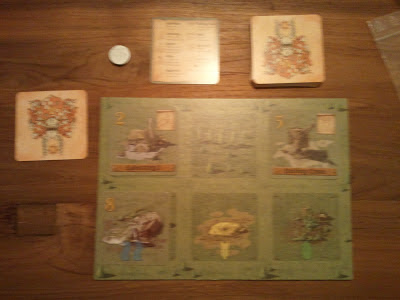I Read Simon Millar's Osprey Campaign book on the battle of Assaye. In this battle Arthur Wellesley defeated a Maratha alliance to establish British control over a central part of India. I was hoping this would give me some background on Wellington's formative years as a commander.
And while the book is probably okay in terms of explaining the campaign and the battle, it has a fatal and unforgivable flaw. It's completely anglo-centric. We have no clue about the motivations and actions of the Indian commanders other than through English eyes. Just look at the bibliography.
Millar seems oblivious of this and even strengthens the bias of his sources by adopting their language and mindset. How can he not see that his perspective language is extremely coloured? All the adverbs used for the Indian rulers are negative: sullen, vengeful, indolent, corrupt. The Brits (and often their allies) are always disciplined, resolute, gallant.
Look at this description of the preliminary negotiations to the campaign, which has the English supporting one faction of the Maratha Confederacy against another. According to Millar,Wellesley's brother and governor of the East India Company 'played his diplomatic game with consummate skill' which comes down to 'he demanded absolute submission from him'. Not even the slightest hint of reflection on the fact that this was the legitimate ruler of a foreign country.
All the pretty excuses of colonialists to intervene pass by: bad administration, the fear of French influence etc. As if that is enough reason to take over a country. Because the EIC was not an institute with the aim of civilisation, but of profit making and exploitation.
Besides this guy is a Wellington fan boy. He even has Wellesley leaping 'nimbly' from his wounded horse.
While this is probably not a badly researched book it falls hook line and sinker for imperialist (orientalist?) reasoning. I could have understood this if this had been a book published in the 1960s, but not in 2006. It would be funny if it wasn't bad judgment.
Trouble is of course that this is just a stronger expression of presumed superiority that a certain strand of Anglo-Saxon historians displays when writing about foreigners (I will give some examples concerning Waterloo in the future). It makes it easy to understand the exasperation many of their allies have felt in the past. It also makes it hard work to read these kinds of books.




























